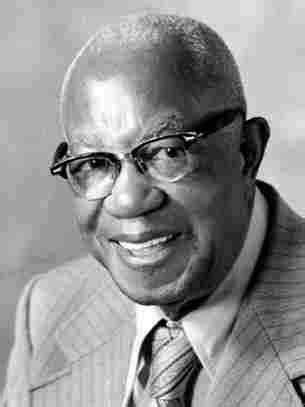A Quote by Eric Hoffer
Unless a man has the talents to make something of himself, freedom is an irksome burden.
Related Quotes
Unless a man has the talents to make something of himself, freedom is an irksome burden. We join a mass movement to escape from individual responsibility, or, in the words of an ardent young Nazi, to be free from freedom. It was not sheer hypocrisy when the rank-and-file Nazis declared themselves not guilty of all the enormities they had committed. They considered themselves cheated and maligned when made to shoulder responsibility for obeying orders. Had they not joined the Nazi movement in order to be free from responsibility?
Man is always something more than what he knows of himself. He is not what he is simply once and for all, but is a process; he is not merely an extant life, but is, within that life, endowed with possibilities through the freedom he possesses to make of himself what he will by the activities on which he decides.
We will freedom for freedom’s sake, in and through particular circumstances. And in thus willing freedom, we discover that it depends entirely upon the freedom of others and that the freedom of others depends upon our own. Obviously, freedom as the definition of a man does not depend upon others, but as soon as there is a commitment, I am obliged to will the liberty of others at the same time as my own. I cannot make liberty my aim unless I make that of others equally my aim.
Unless a man gives himself entirely to the Cross, in a spirit of humility and self-abasement; unless he casts himself down to be trampled underfoot by all and despised, accepting injustice, contempt and mockery; unless he undergoes all these things with joy for the sake of the Lord, not claiming any kind of human reward whatsoever - glory or honor or earthly pleasures - he cannot become a true Christian.




































